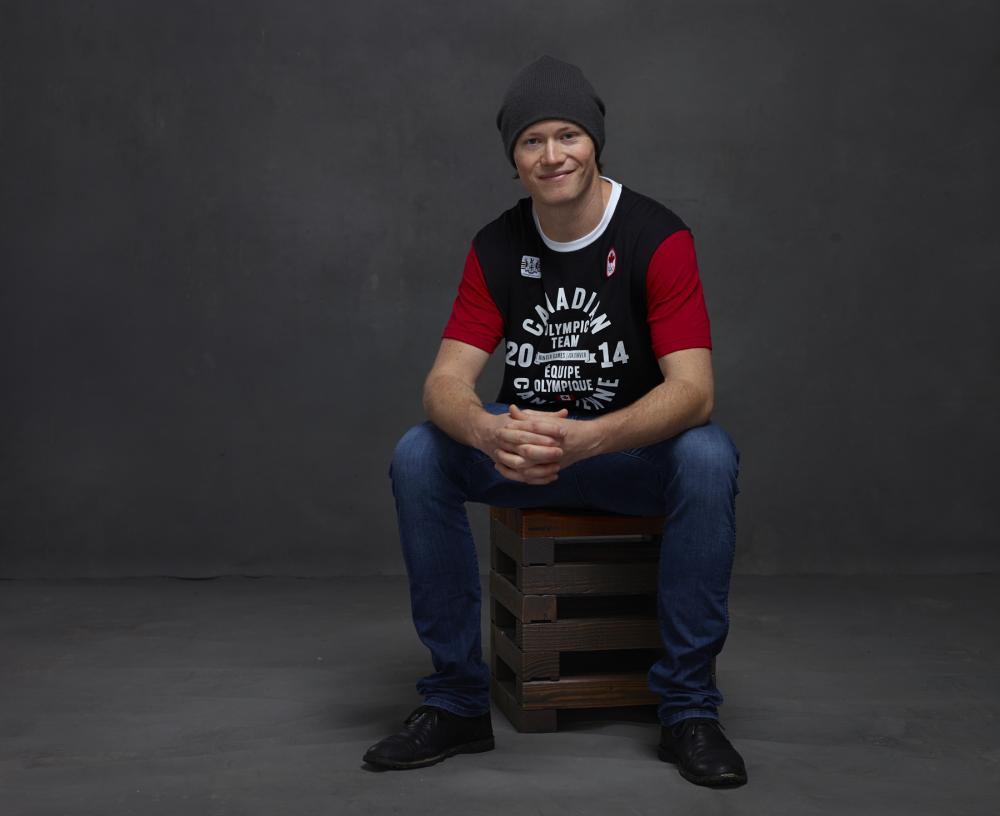Courtesy of the Canadian Olympic Committee
As we enter the final weeks before the Winter Olympics many athletes are anxiously waiting to find out if they will qualify to compete in Sochi. But Sherwood Park native, Mike Riddle, can breathe easy – the 27-year-old freestyle skier has already qualified for the halfpipe competition. We sat down with Riddle to find out how he got into the sport and how he is preparing for what will be the biggest competition of his career so far.
Photo: Sven Boecker, courtesy of Canadian Olympic Committee.
Avenue: Did you grow up skiing at Rabbit Hill?
Mike Riddle: Edmonton Ski Club was the first place that I went skiing. My parents took me when I was two years old. I grew up going to the mountains every weekend – Marmot, Banff, Sunshine or Lake Louise.
Avenue: Your parents would take you before you could drive?
MR: Yeah, my dad was a big skier in the ’70s, a hot dogger. So he got me started at a young age. When I was younger, we would do family trips and we would go racing at little local events. Then, I switched to the freestyle program when I was 12 or 13. I did that Tuesday and Thursday nights at Edmonton Ski Club and then on the weekends we would go to Jasper, Sunshine or Fortress.
Avenue: Did everyone in your family ski?
MR: Everyone skied. Both my parents were very regular skiers. My younger brother got really into it. My younger sister would come when we were younger but she got more into equestrian as we got older so she wasn’t really a big skier.
Avenue: Which mountain do you consider to be your home mountain now?
MR: My home mountain is definitely Whistler. All of our training is out here and I love Whistler.
Avenue:What’s the best thing about Whistler?
MR: They always do everything they can to help us out with our training. They’ll get the pipe dialed in for us. The snow is always awesome. I love this mountain so much.
Avenue: What drew you into freestyle and halfpipe?
MR: I started out in a program in racing and I was never very good at it and I got bored. Just left right, left right, all day, every day. I saw people, some of my cousins and friends, in the freestyle program and they’d go hit jumps and moguls and I thought, ‘Oh, that looks awesome. I want to do that.’ It was a natural progression. I started out doing all the local events every weekend. We’d go to Red Deer, Banff or Jasper. It progressed from there.
